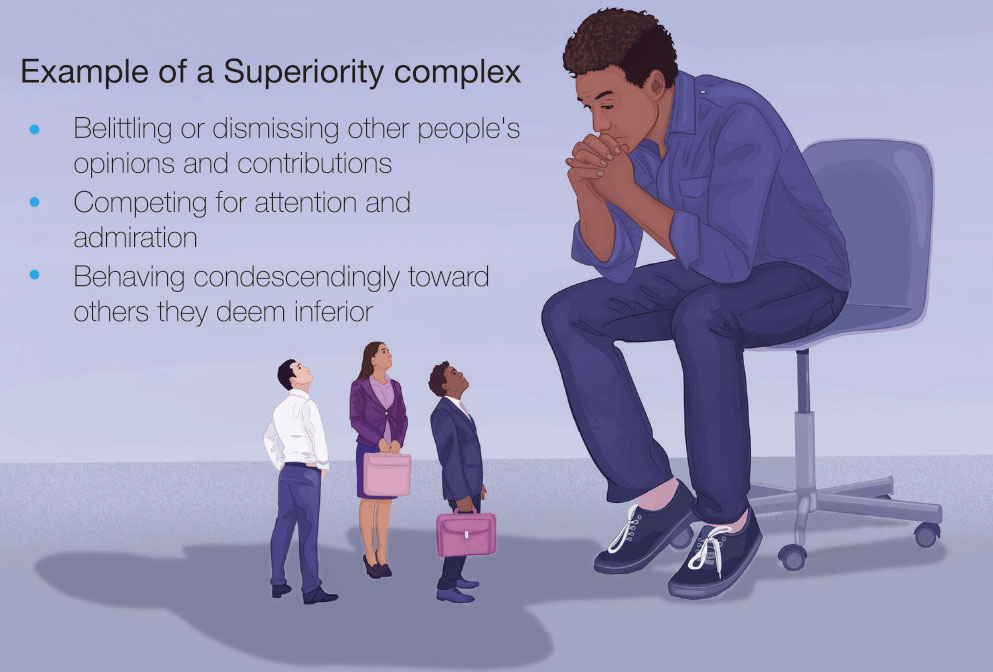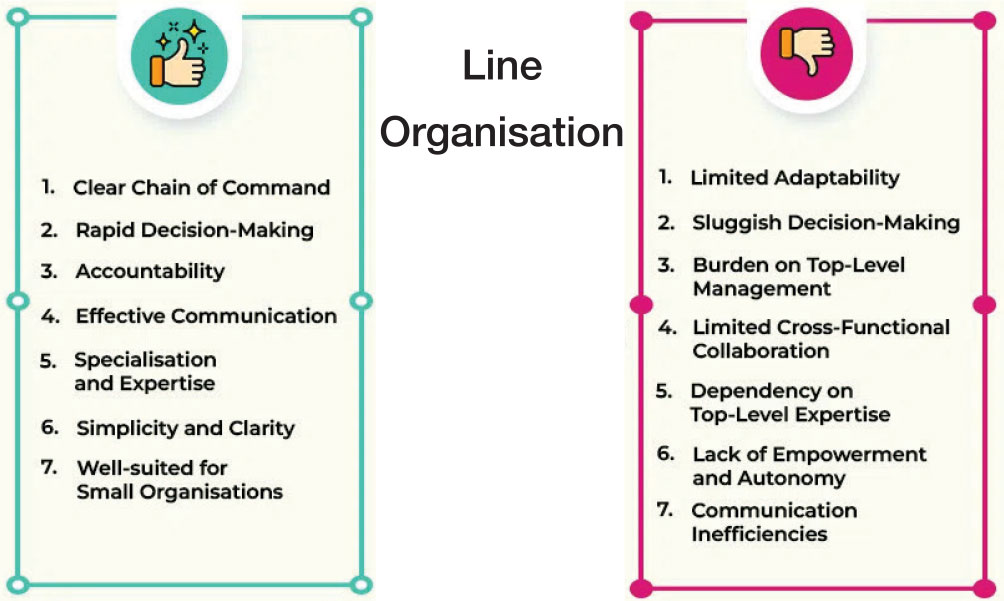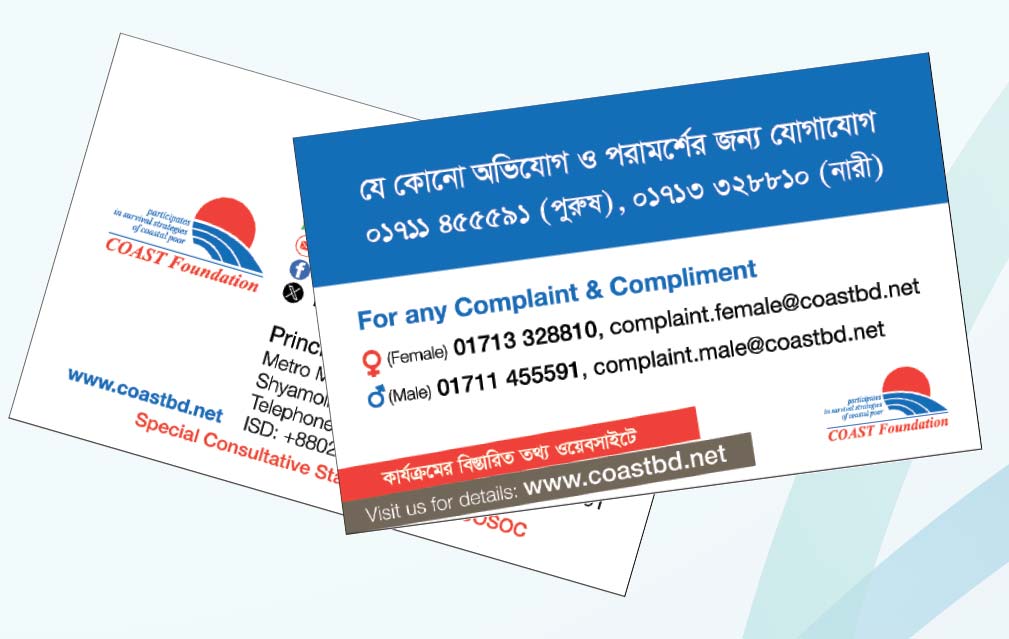The workshop on Participation Revolution
I was keen to participate in the workshop, ‘Participation Revolution’ organised by CHS Alliance and ICVA, from 25 to 27th June 2024, in Bangkok, as I thought I would learn and share different definitions, initiatives and experiences. We found a lot of questions from our local friends about why it is called “Participation Revolution”. We explained that the term is used in the Grand Bargain (GB) Commitments, one of the 52 commitments. The Grand Bargain commitment is the outcome of the World Humanitarian Summit (2014 to 2016), is finally declared in Istanbul in May 2016.
‘Participation Revolution’
We all understand what the term Participation means. It is an inseparable right of human beings in our sphere where human rights and democracy are part of our life, we believe. However, the coupled words ‘Participation Revolution’ bring a different meaning to us, i.e., participation must flourish in a limitless, boundaryless way. GB has placed this term in respect of humanitarian response.
Superiority complex
We believe we must make our organisation an “Open Organization” before embarking on the Participation Revolution. In our experience, the majority of executives tend to make their organisations hierarchical. Their door is open only for the next position, along the line management, and closed for cross-communication. We have seen that one of our friends believes that he is the boss and he knows everything. He doesn’t need to accept knowledge from his colleagues (in his so-called view, from the subordinates). In his definition, superiority means superiority of knowledge.
Who is Intelligent?
I always remember a quote from a rural elderly person who used to visit my family in Charfassion, a remote island in Bangladesh. He used to mention a rural saying, “He who is intelligent accepts another’s advice.” What he meant by that is he who thinks he is too clever to take advice from others is a fool. Albert Einstein said, “The measure of intelligence is the ability to change.”
In my role as an executive, I love to accept opinions, and advice from my colleagues, whether they are superiors or subordinates. I treat all of them just as my colleagues.
Accepting defeat
I always say to my colleagues that we must have a mindset about opinions that sometimes we need to accept defeat by our subordinate colleagues. You will be a real participation revolutionary in your organisation if you give a clear signal that you have no problem accepting superior or advanced ideas from your subordinate colleagues even if it seems like a defeat. It is the case of diminishing ego.
Meeting system for participation and direct interaction
We have introduced a meeting system in our organization to ensure the representation of all levels of staff making space for everyone’s participation through direct interaction with superiors, especially with executives. The forum is not only a body of improvisation of plan implementation, but a space of interaction with executives. The moderation of the meeting is critical as it must be motivational and experience sharing. The individual professionals need to make decisions, and that’s why the meeting encourages the executives to make only recommendations unless it is a meeting of the board of directors. Usually, the board of directors makes consensus decisions.
Cross Communication but Line Decision
We publish the annual diary where the email IDs and phone numbers of all staff are printed so that anyone can communicate with anyone in the organization. The diary also has some pages where the brief version of the core policies is printed for learning and transparency. All of the member participants of the interventions (especially of the microfinance program) have passbooks where the phone numbers of the executives are printed so that they can directly communicate across levels if necessary. We encourage them to call anyone at any time.
We have a policy that anyone can write anything to anyone, and no one but the recipient is allowed to open the letter. However, the correspondence and decisions go through the line management. it means we uphold the system and train colleagues on solving the problems.
Complaint Response Mechanism
We have a complaint response mechanism policy where anyone can submit complaints anonymously. We created visibility of the mechanism and made it easily understandable to the affected population, and member participants. We made it easily accessible to anyone ensuring publishing them in both Bangla and English. The hotline number and other ways of complaint submission are printed on stickers on the office vehicles, on the back leaf of the business cards, in the websites, and on office doors.
We have a complaint response committee at the principal office that arranges monthly meetings to discuss the trend of the complaints and review the ways of mitigation. Reports on the trend of complaints and mitigation process are discussed at the governing board and Executives Committee meetings.
Whistle-Blowing Policy and Protection of the Whistle-Blower
We have a whistle-blowing policy under which any staff or any external or internal stakeholder can flag any misconduct of staff or any wrong intervention to any level, especially to the board or executive level. There is a specific clause in the policy to give special protection to the whistle-blower. The policy is printed in the staff diary and available on websites both in English and Bangla.
Complaint phone number on business card
We promote a sense of accountability among our staff members. Each staff has a business card, where on the back leaf of the card, phone numbers and email addresses for receiving complaints are printed. There are separate channels for male and female complainers for privacy and comfort. Printing the complaint channels on the business card gives our colleagues a feeling of accountability towards the people we serve. These are some of the approaches so far we have invented to make our organization open and transparent. We feel these are the primary stages of facilitating the Participation Revolution and accountability to the affected population. We believe that people are affected, or humanitarian crises happen as a result of denials of their rights on multiple levels.
Download the details report click here
COAST Foundation
House 13, 1st Floor, Metro Melody, Road 2
Shyamoli, Dhaka 1207, Bangladesh.
e: info@coastbd.net









